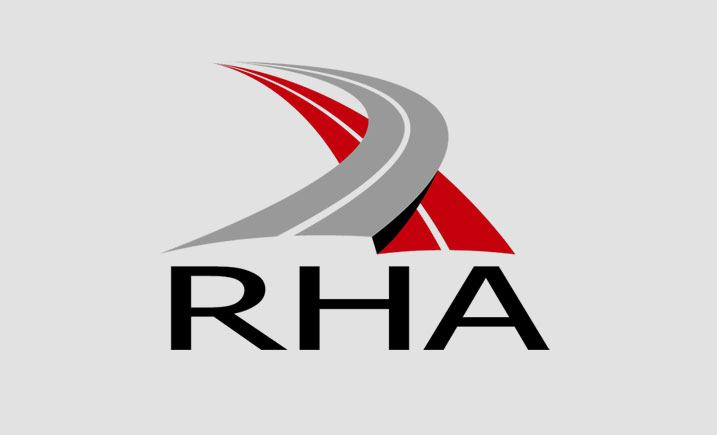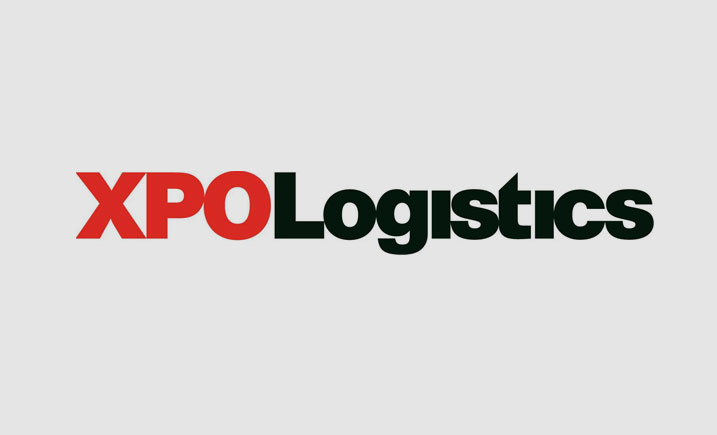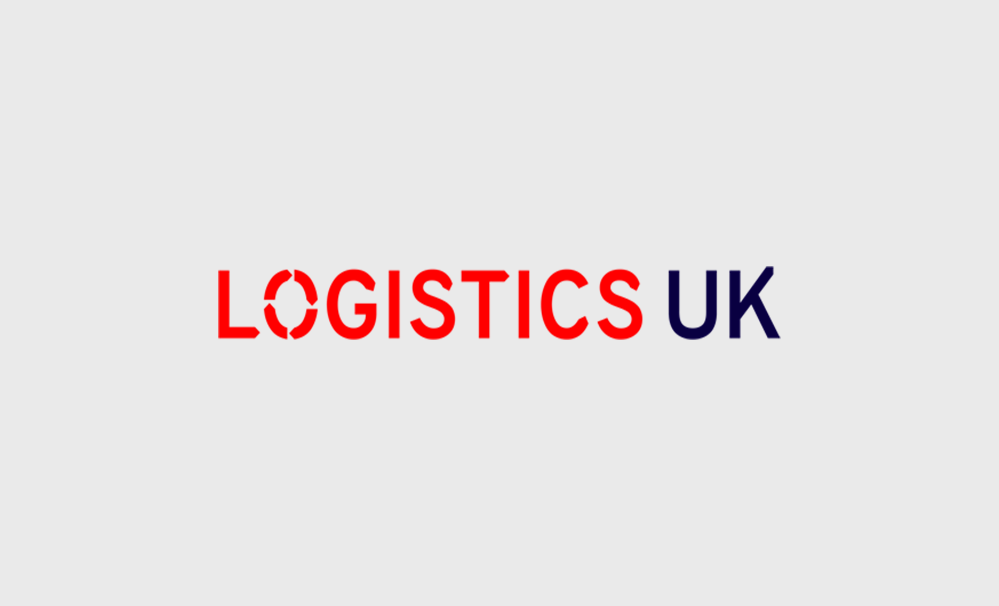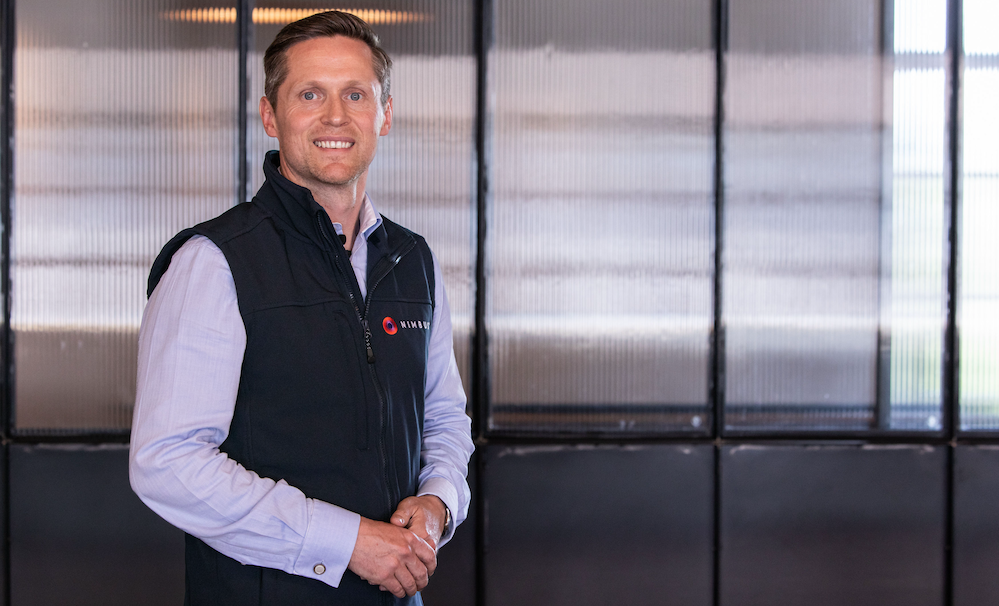The Coronavirus pandemic has hit the UK supply chain and logistics network hard and for many operators that rely on sectors including construction, events, manufacturing and retail, work has all but dried up. Their lorries remain parked up and their workers furloughed. The outlook for these businesses is very poor. Many have closed their doors for the last time and many more are expected to follow because the sectors they serviced on will not recover quickly enough.
Commenting, RHA chief executive Richard Burnett said: “Government’s key priority is a ‘green recovery’, We consider a sustainable recovery to be more relevant. Far too often the term “green” is used to justify poorly evidenced disruptions to the road network and in transport policies, made without consideration of the potential impacts on the society or the local economy.
“A Sustainable Recovery should recognise the environmental, economic and social needs of business and people. As economic enablers, hauliers drive economic well-being and are willing to invest in environmental well-being.
“Government and the road freight sector should work together to produce a roadmap for sustainable change over the long-term to focus on well-designed standards for vehicles and infrastructure, phased in as market supply allows.
The key elements of achieving a sustainable recovery are:
A fuel duty freeze. Any increase at this time this will undermine the industry’s recovery and cause further damage to the nation’s economy. UK hauliers have the added burden and cost of preparing for UK’s transition from the EU in less than four months’ time and this must also be considered.
An essential user rebate. This would cut fuel duty to German levels for the next 5 years (that would be a rebate of around 15 ppl litre specifically for road haulage operators
Investment in skills
Coronavirus and Brexit have impacted employment patterns, but we are still hugely dependent on around 60,000 non-UK EU nationals.
This industry has contributed over £470m into the apprenticeship levy while only being able to draw down less than 10%. The levy is widely considered as a stealth-tax on our sector and, whilst we have many suggestions of how this can be improved, so far, they have been ignored.
Infrastructure Investment
Current levels of congestion result in unpredictable and longer journey times, leading to waste and undermines productivity and the competitiveness of the UK economy.
The lack of available facilities on our road network makes recruitment and retention of drivers much more difficult. The Government recognised lorry drivers as “key workers” during Coronavirus and, given their crucial role to keep the economy functioning, the attitude across Government and authorities towards them must now change.
Concluding, Richard Burnett said: “Transporting people and goods is a fundamental building block for the economy and society. It is the core enabler of all economic activity, and the panic-buying we witnessed on our TV screens at the start of the pandemic demonstrates that it must not be taken for granted.
“The logistics sector delivers whatever the circumstances. It is flexible, adaptable and operates in a highly competitive market.
“It is essential that we maintain that flexibility, adaptability and competitiveness. To do so requires consistent laws and regulations that allow the sector to work and invest in a predictable way so it can continue to deliver for us all.
“Policy makers must not overlook the road haulage sector. We all need it, every single day.”
You can read the full document here.







